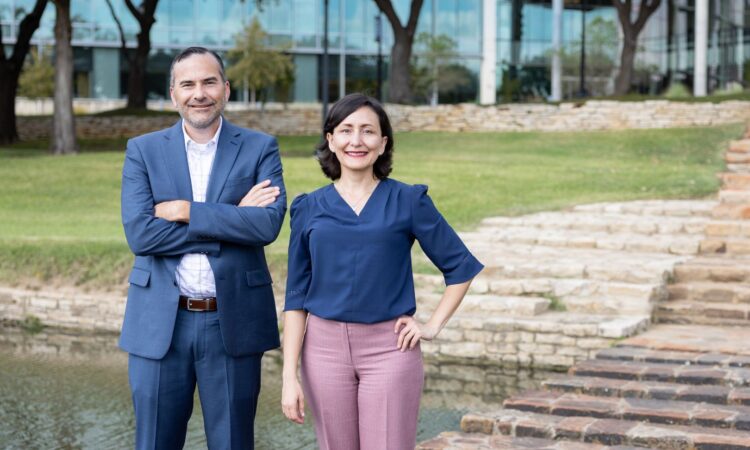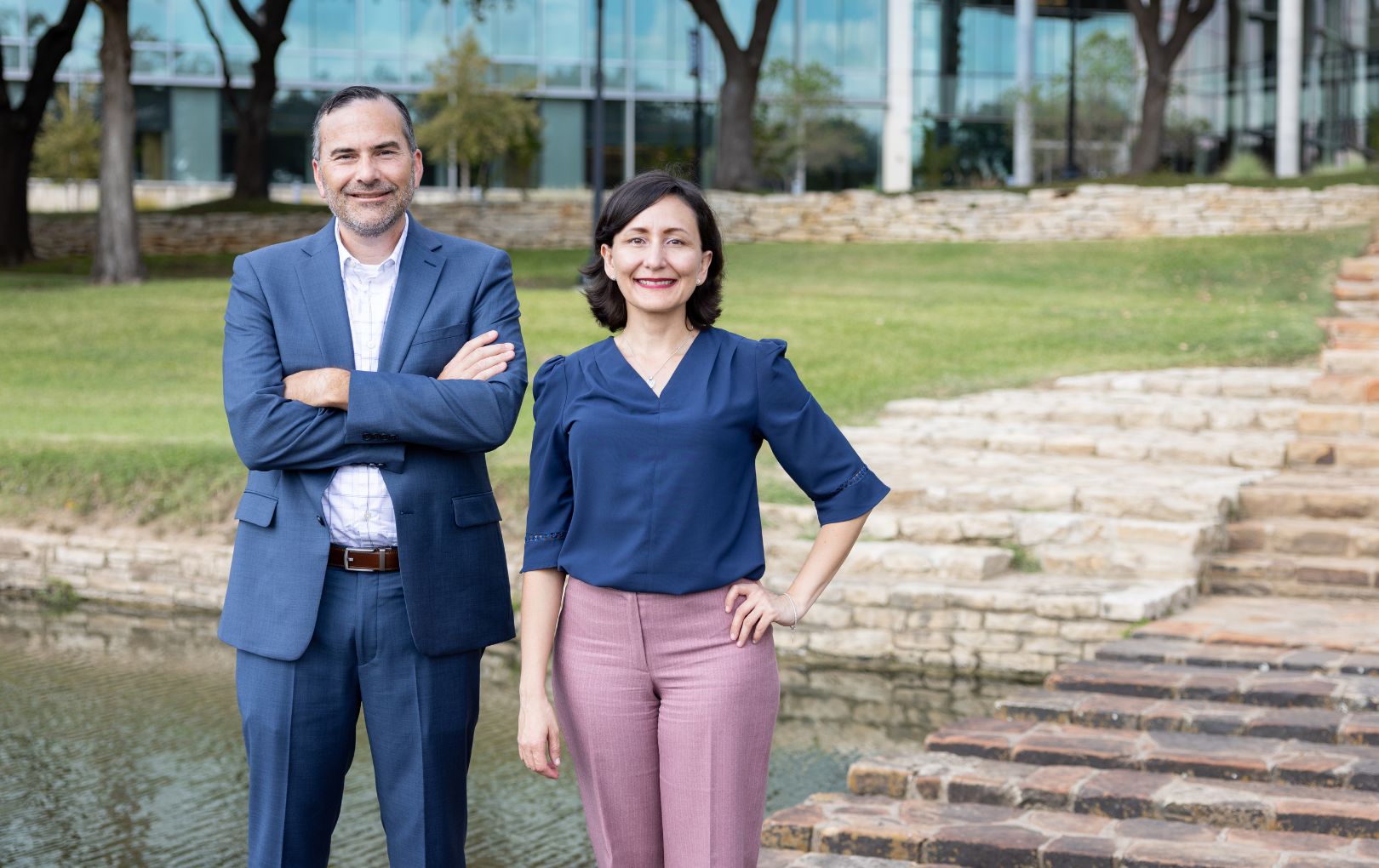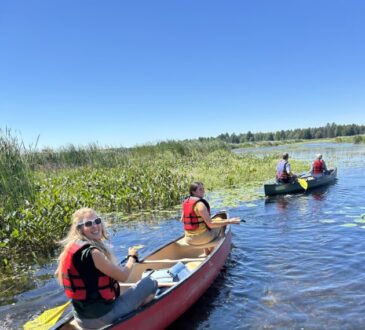

Water is one of Earth’s most vital resources, essential for life and critical across industries like agriculture, manufacturing and energy. Understanding its importance and managing it wisely can lead to better outcomes for this precious resource.
To help undergraduate students at The University of Texas at Arlington develop a firmer understanding of natural resources and their importance to society, faculty from the College of Education and the College of Science are revamping a course in the Department of Earth and Environmental Sciences. The effort is supported by a National Science Foundation Improving Undergraduate STEM Education grant.
Silvia Jessica Mostacedo Marasovic, postdoctoral research associate in the Department of Higher Education, Adult Learning, and Organizational Studies, said the course—ENVR 2316: Conservation of Natural Resources—will introduce students to the conservation of natural resources such as food, air and water, and give them tools to make informed decisions about their use and management.
>“When teaching about decision-making frameworks we will be evaluating real-world scenarios, from which pet should students should adopt [RA1] or which vacation spot is best—a trip to the beach or a trip to the mountains—to cases about managing resources that require collaboration between various users,” Dr. Mostacedo Marasovic said. “Through the different processes we’ll be introducing, they’ll be able to not only make conscious decisions in their daily life but take it and apply it to real-world natural resource management decisions.”
Cory Forbes, Fenton Wayne Robnett endowed professor and principal investigator, said he and Mostacedo have been researching how to better teach and develop students’ decision-making skills.
To strengthen these skills, the course will incorporate game theory–based teaching methods. This approach helps students understand not only how to make their own informed decisions, but also how different stakeholders and interest groups weigh options and reach conclusions.
“We want our students to be really purposeful in how they think about the complexities of different issues and consider all the factors, evidence and potential impacts before coming to their final decision,” Dr. Forbes said. “It’s a relevant skill in the context of natural resources because there are so many different groups involved, but this decision-making process can be more widely applicable and that’s what makes it unique.”
“This new course is of importance for strengthening the course offering for the environmental science degree program,” said Arne Winguth, chair of the department of earth and environmental sciences. “The course will train the next-generation scientist on sustainable practices in areas like water resources, ecosystem management and land use.”
By the end of the course, students will be able to apply these decision-making skills in their careers and daily lives, contributing to better practices that benefit their communities.
The new course will be offered beginning in fall 2026.
About The University of Texas at Arlington (UTA)
Celebrating its 130th anniversary in 2025, The University of Texas at Arlington is a growing public research university in the heart of the thriving Dallas-Fort Worth metroplex. With a student body of over 42,700, UTA is the second-largest institution in the University of Texas System, offering more than 180 undergraduate and graduate degree programs. Recognized as a Carnegie R-1 university, UTA stands among the nation’s top 5% of institutions for research activity. UTA and its 280,000 alumni generate an annual economic impact of $28.8 billion for the state. The University has received the Innovation and Economic Prosperity designation from the Association of Public and Land Grant Universities and has earned recognition for its focus on student access and success, considered key drivers to economic growth and social progress for North Texas and beyond.



